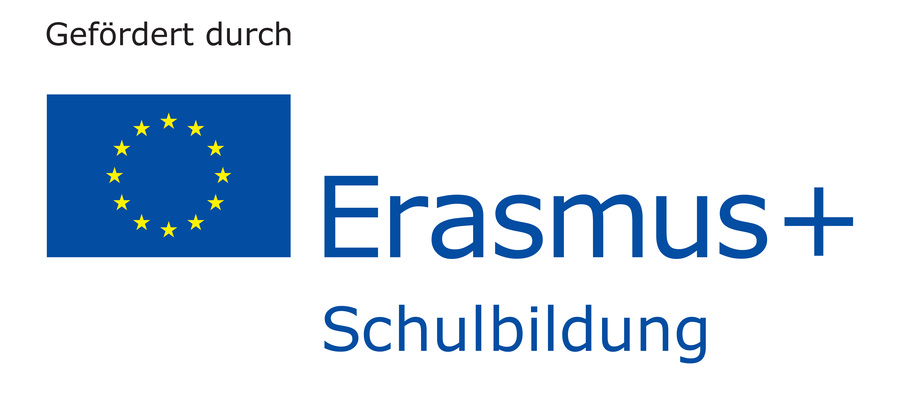
Everyone is now aware: "We can limit global warming. We must act decisively: we have to do more. Climate protection requires the commitment of all of us” (A. Merkel). According to the European Green Deal and the eTwinning topic 2020, our schools are trying to participate in this process too. We believe that through an Erasmus project we can show our students how they can participate actively and efficiently in climate protection, and that humanity's great problems, the environmental degradation, climate chaos, energy crises as well as quality of life, can be addressed and resolved through collaborations between disciplines and cultures. In particular the students should recognize the geographical, ecological, territorial aspects of the natural and human environment, the connections with the demographic, economic, social and cultural structures and transformations that have taken place in the course of the time; they should learn to respect the biodiversity in environmental systems and use the acquired knowledge to adopt ecologically sustainable behaviour and influence personal choice. Four schools participate in this project: Adolf-Schmitthenner-Gymnasium Neckarbischofsheim (Germany), the Forestry School in Ruciane-Nida (Poland), the Institute of Higher Education "Enrico Fermi" in Montesarchio (Italy) and the INS Les Aimerigues in Terrassa (Spain). The target group of our project are students aged 15-17 years. However, our project is for the whole school community, so that the Erasmus project becomes a school project. The subjects related to the project topic are dealt with outside the meetings during the regular lessons in different classes. Each school can offer different aspects on our topic. The meeting in Neckarbischofsheim will focus on sustainable and healthy nutrition. We intend to introduce our students and their families as well as our Erasmus+ guests to the regional food and its production and processing. Thanks to the support of experts, scientifically founded knowledge will be combined with practical tips to promote sustainable nutrition. Our motto is "regional and seasonal": through rational food choices, the environment is respected by shortening distances and reducing carbon dioxide emissions. The students will learn that fruits and vegetables that can mature in their natural habitat are much healthier and taste far better. The main objective of mobility in Ruciane-Nida is to show the richness of Europe's heritage that is nature, particularly forests. The school is located in a region where there is a huge number of ancient forests. In the middle of Piska Forest, we will have excellent conditions to analyse the situation of nature, show the important role forests play in the environment as well the healing values of their products. In Montesarchio we will choose some weak points of the natural heritage of the territory. After analysing of the real conditions the students should make proposals for recovery and ecological interventions. These proposals will be presented to local management. Particular attention will also be paid to education in the separate collection of waste. Students will be educated to respect the community rules of separate collection and will produce simple products using recycled materials (paper, plastic, wood, aluminium). The activity in Spain will pivot around a web site that will collect scientific data from our city, Terrassa, and from Barcelona regarding sustainability topics. We will monitor the sustainability programmes that are being activated in Terrassa and Barcelona and will try to show their impact, mainly on health but also in other related aspects as social well-being or economic impact. We will work with these sets of data, then, in order to understand the benefits of a sustainable city and the problems of a non-sustainable one. We will need a variety of methodological approaches to achieve our aims. In addition to "traditional" methods (reading texts, preparing presentations, group work), practical form of teaching will play an important role: the students will experiment in an activity-oriented and self-active way. According to the project topic, the students will be acting and living consciously in relation to environmental protection. They will also disseminate the acquired knowledge in their environment (school, family, community) and become a role model for others. In addition, we also expect the students to improve their digital, language and social skills. The teachers involved will enrich their teaching methodologies and acquire knowledge that will still be used long after the end of the project. We are expecting that the new motivating work processes will complement traditional teaching. All produced results as well as work steps and methods will be documented during the project and posted on the eTwinning site. Here they will be freely available to all interested colleagues and they can be used as teaching material.